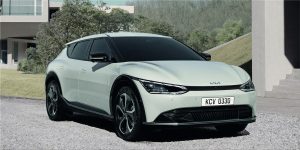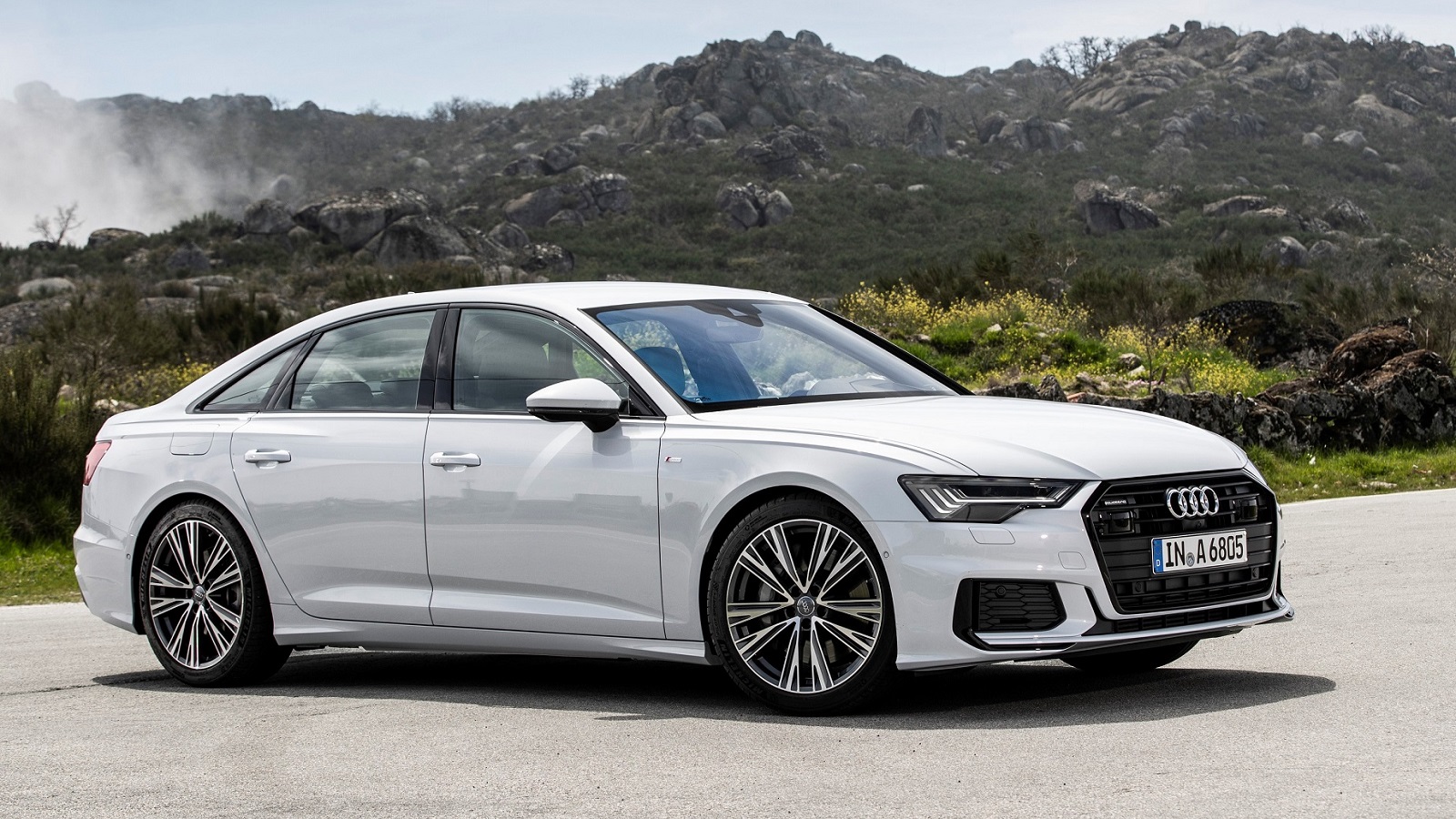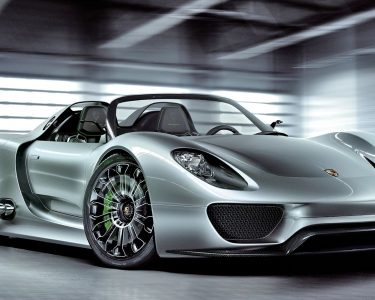The American love affair with the open road is facing a detour at the crossroads of gas and green. On one side, the familiar rumble of the gasoline engine, a symbol of freedom and independence for generations. On the other, the quiet hum of electric vehicles (EVs), promising a cleaner future but with a network of charging stations still under construction.
The Allure of Asphalt: Why Gas Still Reigns Supreme

For many Americans, gasoline-powered vehicles remain the tried-and-true companion on the open road. Filling stations are ubiquitous, offering a quick refuel on long journeys, a familiar routine etched into countless road trips. Upfront costs for gas-powered vehicles are typically lower, and the technology is well-understood by mechanics across the nation. However, the allure of asphalt comes with a price. The cost of gas can be a wild ride, subject to the whims of global oil prices and geopolitical tensions. Additionally, the environmental impact of gasoline combustion is a dark cloud hanging over this traditional choice, contributing to greenhouse gas emissions and climate change.
The Green Revolution: A Promising, Yet Bumpy Road
Electric vehicles offer a compelling alternative, a shiny new Tesla beckoning drivers towards a cleaner future. They boast lower emissions, quieter operation, and the potential for significant cost savings on fuel, especially with falling battery prices. Government incentives further sweeten the deal for some, making EVs more accessible than ever before.
However, for many potential EV buyers, range anxiety is a persistent hitch in their giddy-up. Charging infrastructure, while rapidly expanding like a newly sprouted network of green veins across the country, is not yet as ubiquitous as gas stations. Additionally, concerns linger about the environmental impact lurking beneath the shiny surface, questions about the environmental impact of battery production and disposal casting a shadow.
Finding Common Ground: A Hybrid Approach to the Future
The future of transportation is likely a mosaic, a blend of the familiar and the groundbreaking. Technological advancements in battery technology, aimed at extending range and reducing charging times, will make EVs a more attractive option for a wider range of drivers.
Meanwhile, the internal combustion engine isn’t going anywhere overnight. Efforts to improve fuel efficiency and explore cleaner-burning biofuels can bridge the gap, offering a more sustainable option within the familiar gasoline framework.
Ultimately, the “Great American Fuel Debate” is not an either/or proposition. It’s about finding the right balance between the comfort of the well-worn path and the promise of a greener future. This will require continued innovation from car manufacturers and energy companies, investment in infrastructure by governments, and a willingness to embrace change by drivers. It’s a multi-lane highway towards a sustainable future, and every driver has a role to play.
Stay tuned for further developments!
This reporter will be following the twists and turns of this evolving landscape, from policy changes to technological breakthroughs that will ultimately determine which lane America chooses on the road to a cleaner tomorrow.




